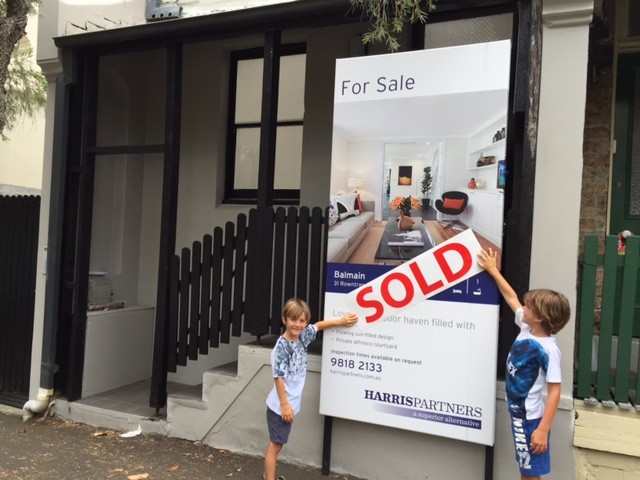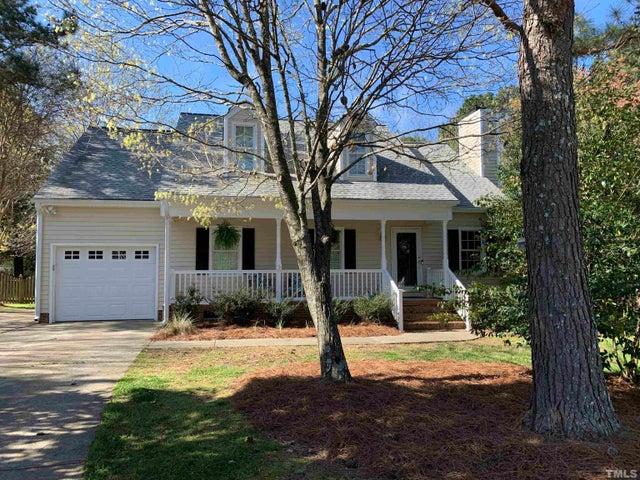
Selling a home can be a complex and emotional process, but one of the most crucial factors in ensuring a quick sale is setting the right price. A well-priced home can attract buyers quickly, while an overpriced home might languish on the market for months, costing you both time and money. In this comprehensive guide, we will delve into effective pricing strategies to help you sell your home swiftly and for the best possible price.
Understanding the Market
Analyze Current Market Conditions
The real estate market is dynamic, with prices fluctuating based on various factors, including economic conditions, interest rates, and local demand. Understanding the current market conditions in your area is the first step in setting the right price for your home.
- Economic Indicators: Look at the broader economic indicators such as unemployment rates, consumer confidence, and GDP growth. These factors can influence buyer behavior and overall demand in the housing market.
- Local Market Trends: Study the local market trends by examining recent sales data in your neighborhood. Pay attention to the average time homes stay on the market and the selling prices of comparable properties.
Comparative Market Analysis (CMA)
A Comparative Market Analysis (CMA) is an essential tool for determining your home’s value. This analysis compares your home to similar properties that have recently sold in your area.
- Similar Properties: Identify homes that are similar in size, age, condition, and location to your own.
- Adjustments: Make adjustments for differences between your home and the comparables. For example, if your home has a pool and the comparable does not, you need to account for this in the pricing.
Setting the Right Price
Avoid Overpricing
One of the biggest mistakes sellers make is overpricing their homes. While it might be tempting to set a high price to see if you can get lucky, this strategy often backfires. Overpriced homes tend to stay on the market longer, which can lead to a price reduction and a perception that there is something wrong with the property.
- Market Perception: Buyers and real estate agents will notice if a home has been on the market for a long time and may assume there are issues with the property or that the seller is desperate.
- Appraisal Issues: Even if you find a buyer willing to pay your high asking price, the deal could fall through if the home does not appraise for that amount.
Consider Psychological Pricing
Psychological pricing can be an effective strategy in real estate just as it is in retail. Setting your price just below a round number (e.g., $399,000 instead of $400,000) can make your home seem more attractive to buyers.
- Buyer Psychology: Buyers often perceive prices just below a round number as significantly cheaper, which can generate more interest and activity.
- Search Filters: Many buyers use online search filters set at round numbers. Pricing your home just below a common cutoff can increase its visibility.
Price Bands and Buyer Behavior
Understanding price bands and how they influence buyer behavior is crucial. Buyers typically have a range in mind and set their search parameters accordingly.
- Strategic Pricing: Position your home within a price band that maximizes visibility. For instance, if most buyers in your area are looking for homes between $350,000 and $400,000, pricing your home at $399,000 can capture this entire segment.
- Flexibility: Be open to adjusting your price based on feedback and the initial response from the market.
Enhancing Perceived Value
Home Staging
Staging your home can significantly impact its perceived value and help you achieve a higher selling price.
- First Impressions: Ensure that your home makes a strong first impression with clean, clutter-free spaces and neutral decor that appeals to a broad audience.
- Professional Staging: Consider hiring a professional stager who can arrange furniture and decor to highlight your home’s best features and create a welcoming atmosphere.
Repairs and Upgrades
Investing in necessary repairs and upgrades can boost your home’s value and appeal.
- Minor Repairs: Address any minor issues such as leaky faucets, broken tiles, or peeling paint. These small fixes can make a big difference in how potential buyers perceive your home.
- Strategic Upgrades: Focus on upgrades that provide the highest return on investment, such as kitchen and bathroom remodels, fresh paint, and updated fixtures.
High-Quality Photos and Virtual Tours
In today’s digital age, high-quality photos and virtual tours are essential for attracting buyers.
- Professional Photography: Hire a professional photographer to take high-resolution photos of your home. Highlight the best features and ensure that the images are well-lit and inviting.
- Virtual Tours: Offer virtual tours to allow potential buyers to explore your home from the comfort of their own devices. This can be particularly appealing to out-of-town buyers.
Working with a Real Estate Agent
Choosing the Right Agent
A knowledgeable and experienced real estate agent can be invaluable in setting the right price and selling your home quickly.
- Local Expertise: Choose an agent who has a deep understanding of the local market and a track record of successful sales in your area.
- Marketing Skills: Look for an agent who is skilled in marketing and can effectively promote your home to the right audience.
Negotiation Skills
Your real estate agent’s negotiation skills can also play a significant role in achieving the best price for your home.
- Offer Management: An experienced agent can help you manage multiple offers and negotiate terms that are favorable to you.
- Closing the Deal: Your agent can guide you through the closing process, ensuring that all paperwork is completed accurately and on time.

Timing Your Sale
Seasonal Trends
Understanding seasonal trends can help you choose the best time to list your home.
- Spring and Summer: These are typically the busiest times for home sales, with more buyers actively searching and more homes on the market.
- Fall and Winter: While there may be fewer buyers, those who are searching during these months are often more serious and motivated to make a purchase.
Market Timing
In addition to seasonal trends, consider timing your sale based on market conditions.
- Low Inventory: Listing your home when there is low inventory can increase demand and help you achieve a higher price.
- Interest Rates: Keep an eye on interest rates. Lower rates can boost buyer affordability and increase demand. Are you looking for more information regarding how to Sell My House Fast, be sure to visit their page to learn more.
Conclusion
Setting the right price for your home is a critical step in ensuring a quick and successful sale. By understanding the market, using strategic pricing techniques, enhancing your home’s perceived value, and working with a skilled real estate agent, you can attract buyers and achieve the best possible price for your property.



